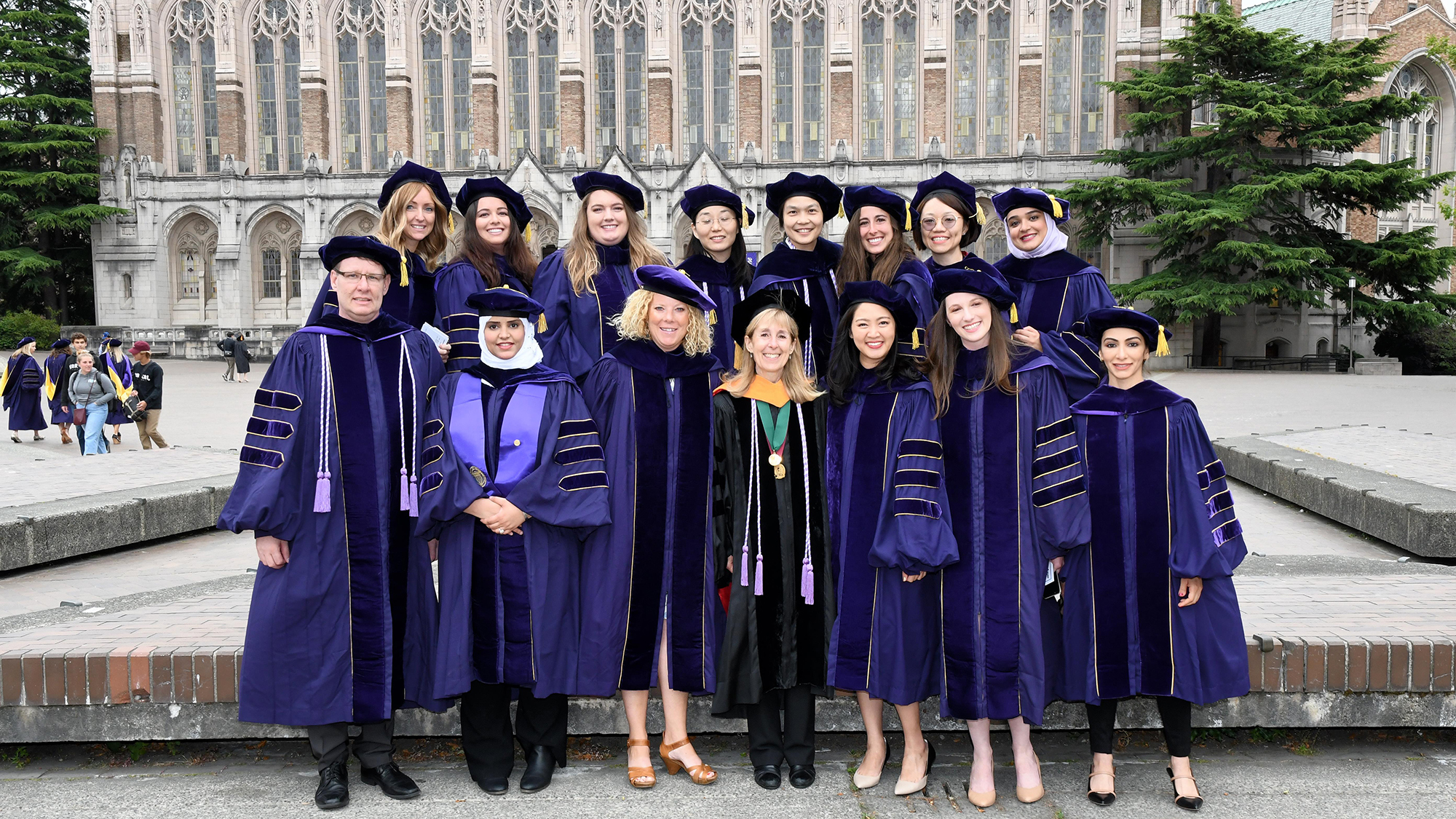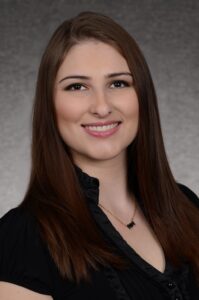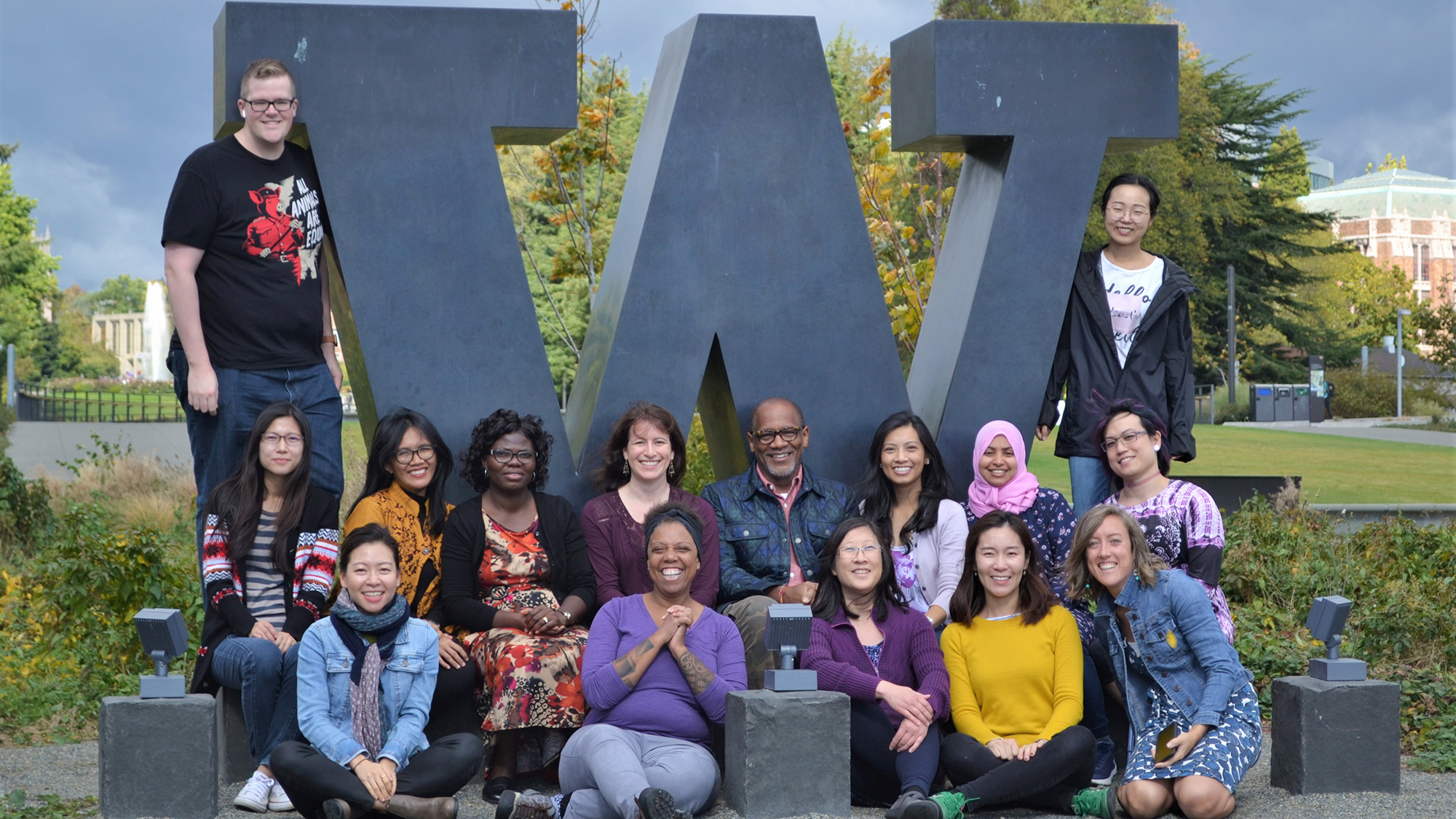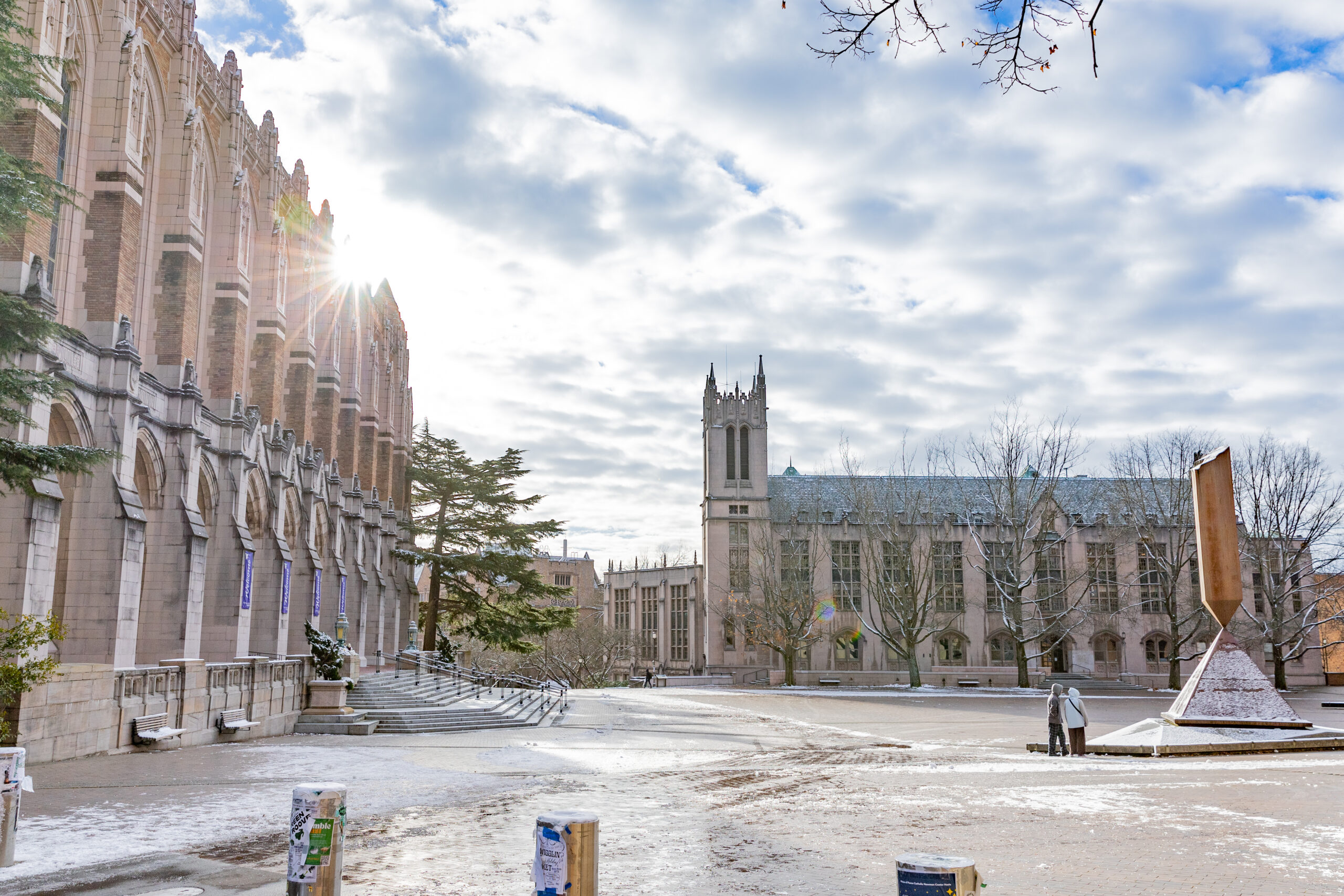
The Nursing PhD Dream Project
At the UW School of Nursing, our PhD alumni are transforming healthcare by addressing the nursing shortage, advancing diversity, and conducting impactful research. However, many students face financial barriers to earning their doctorates. The Nursing PhD Dream Project aims to provide full financial aid packages for all UW Nursing Science PhD students through endowed funds. Your gift helps build a future of culturally competent and innovative healthcare worldwide.
Making a World of Difference for Nursing PhDs
The UW School of Nursing intends nothing less than to elevate health care: to recruit doctoral candidates who will help create a diverse, culturally competent workforce; to train and retain teachers who will serve as role models and mentors for generations of nurses; and to educate investigators who will broaden and advance research in order to meet the needs of their communities.
THE IMMEDIATE BENEFITS
- Students searching for an excellent doctoral nursing program will be strongly attracted to the life- and career-changing promise of a “full ride” to graduate school at the University of Washington.
- This visionary student support fund will eliminate some PhD candidates’ fears of acquiring or increasing loan debt. It will also give hope to candidates who think that graduate school is financially out of reach.
- We expect a robust recruitment package to bring in more interested candidates, and we hope that it will help attract an array of students from various backgrounds, with different work and educational histories, and with a variety of racial, cultural, and socioeconomic perspectives.
THE LONG-TERM REWARDS
- Support for nursing PhDs will bolster the pipeline of nursing educators, who are crucial to closing the health care gaps caused by the nursing shortage.
- Further, the ability to invest in PhD candidates of color will not only allow for more comprehensive, culturally competent nursing care, but will also create more teachers and role models who can inspire youth of color to enter and thrive in the field of nursing.
- And, of course, we eagerly anticipate the life-changing, whole-person-focused research initiated by the next generation of nurse researchers.
Learn more about a few of our current PhD students

What were you doing before going for a PhD? Prior to joining the PhD cohort, I worked at Harborview Medical Center in the Employee Health Department, where I’m happy to still be working. My clinical background is in Med Surg/ Telemetry prior to joining the Employee Health Team.
Why did you choose to pursue a PhD in nursing? I always knew that I wanted to continue my education in nursing, but I wasn’t sure what I wanted that to look like. I didn’t want to work as a provider, so I was initially interested in the Population Health and Systems Leadership DNP program. Nervous about being an adult learner returning to school while balancing work responsibilities, I decided to do the Advanced Practice Environmental and Occupational Health graduate certificate. There, I met another nurse in the Occupational Health Nurse PhD program who mentored me before officially entering the program. Participating in the graduate certificate before joining a program helped to demystify the experience and manage my expectations of the school workload. During this time, I was also able to connect with other nurses who had graduated PhD programs at different points in time to get their perspectives and talk with DNP students completing the graduate certificate. Through this process I realized that my interests lay in research more than implementation, and the choice to get a PhD became clear.
Why UW? I am a proud UW Alum, completing my undergraduate BS in Speech and Hearing Sciences in 2015, so I am familiar with the level of resources and mentorship throughout the institution. My research interests are related to Occupational Health and infectious disease, and having the opportunity to train under the Northwest Center for Occupational Health and Safety (NWCOHS) to gain occupational health-specific training was a big reason I chose this program. UW’s PhD program is very flexible, and you can create a program of study that fits your unique interests and can grow and change as you inevitably will too.
Tell us about your research and the impact you have. My research interests lie in researching ways to adapt workplaces to support workers with Long COVID along with general occupational epidemiology. As I am in the first year of the program, I anticipate that my research may shift over time, but I hope that the ultimate impact of my work will be to help diversify the workplace to support more workers with disabilities.
What were you doing before going for a PhD? Before pursuing a PhD, I was a master’s student in Nursing science and actively engaged in nursing research, mainly focusing on gerontology, health equity, and health promotion for older adults.
Why did you choose to pursue a PhD in nursing? I chose to pursue a PhD in nursing because I am deeply committed to advancing the health and well-being of older adults and addressing healthcare inequities. My long-term goal is to contribute to the field as a nurse scientist at a research-intensive institution. A PhD will help me to develop advanced research skills, collaborate with excellent experts, and offer me the opportunity to work toward these goals.
Why UW? UW could greatly help me reach my academic and professional goals in various ways. Firstly, UWSON is committed to cutting-edge research and the intellectual community, which perfectly aligns with my research interests, required knowledge, and research skills. The de Tornyay Center for Healthy Aging in SON is a remarkable platform offering valuable perspectives from esteemed faculties on promoting healthy aging. I firmly believe that UWSON can maximize my potential. I am also particularly impressed with the comprehensive statistical curriculum, which includes advanced statistical analysis and research methods courses.
Tell us about your research and the impact you have. My research interest lies in gerontology, focusing on health equity and health promotion for older adults. Specifically, I am interested in identifying modifiable risk factors for common adverse health-related events, such as frailty, homebound status, and cognitive impairment, and developing tailored, cost-effective, and innovative interventions for preventing or delaying functional decline in older adults. Using publicly available datasets, I have completed several cross-sectional and longitudinal studies to investigate the relationships among community-dwelling older adults’ psychological well-being, cognitive function, and physical function. I found that these functions are closely associated, and some demographics are moderating in the longitudinal effects of symptom burden on fall-related outcomes, directing the potentially targeted vulnerable population. These findings were published in some journals and presented at academic conferences locally and internationally.
Give Now
By Mail

Make your check payable to UW Foundation and specify the fund you wish to support in the memo line.
Send to: UW Gift Services
Box 359505
Seattle, WA 98195
By Phone

Call: 206-543-3019
Specify the School of Nursing fund you wish to support.
Securities, Planned Or Customized Gifts

Give online
